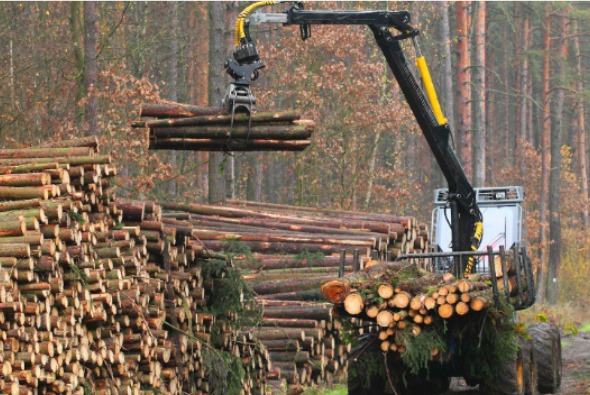Deforestation: Causes and Effects
Deforestation refers to the large-scale removal of trees and forests, often to make way for agricultural activities, urban development, and industrial expansion. It is a major environmental issue that has severe consequences for the planet. The causes of deforestation are primarily linked to human activities aimed at meeting increasing economic and social demands.
One of the main causes of deforestation is agricultural expansion. As the global population grows, more land is cleared to cultivate crops and rear livestock. Commercial farming, especially for products like palm oil, soy, and cattle, contributes significantly to forest loss. Logging is another major cause, where trees are cut down for timber, paper, and furniture industries. Urbanization also plays a role, as forests are cleared to build roads, houses, and infrastructure. Additionally, mining activities and forest fires, whether natural or human-induced, accelerate deforestation.
The effects of deforestation are alarming and wide-ranging. The loss of forests leads to a decrease in biodiversity as many plant and animal species lose their natural habitat and face extinction. Trees play a crucial role in absorbing carbon dioxide; their removal contributes to increased greenhouse gas concentrations, thereby accelerating climate change. Deforestation also disrupts the water cycle, causing soil erosion, reduced rainfall, and desertification in some areas. This affects agriculture and water availability, which in turn impacts food security and human livelihoods. Furthermore, forests are important for maintaining ecological balance, and their destruction threatens the health of ecosystems worldwide.
In conclusion, deforestation is caused by human demands for land and resources, and its effects are detrimental to the environment and humanity. Sustainable forest management and reforestation efforts are essential to reduce these impacts and protect the planet’s future.




